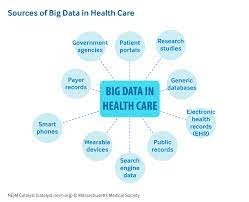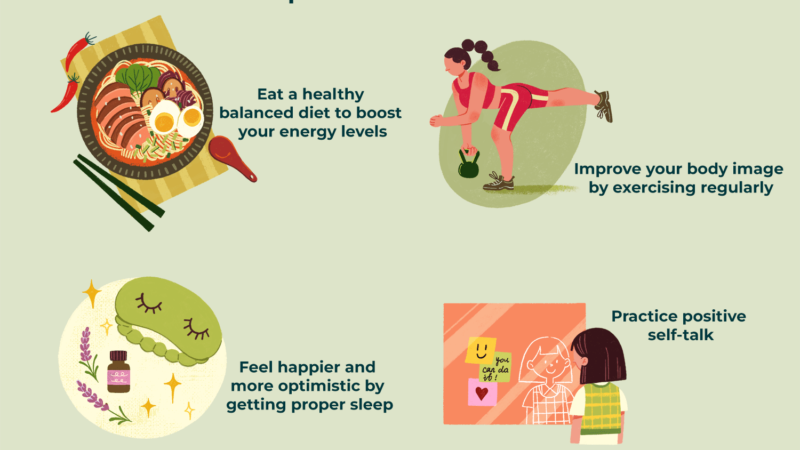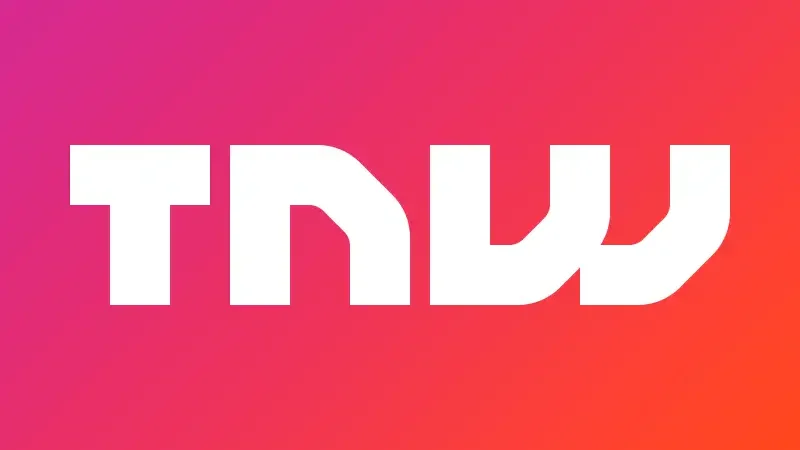How Big Data Can Help You Offer Healthcare Solutions 5X Faster?

Let us tell you our thought process about big data.
- It is the new equipment for the healthcare industry.
- Without big data, healthcare will not survive another pandemic.
- Big data will replace the traditional care approach.
- It is the most precious thing for the healthcare industry.
- Has the enormous potential to make the healthcare ecosystem 5X faster.
- Predicting the healthcare future isn’t magic, but it’s big data.
Okay. So, let’s understand how big data in healthcare is a solution to make the healthcare ecosystem 5X faster and more efficient than ever before.
What is big data in healthcare?
Big data means – a massive collection of the patients’ medical data.
With the help of advanced technologies, healthcare facilities collect and store the medical data of the patients.
The ultimate goal of the big data is to make healthcare solutions,
- More sufficient for the patients
- Reduce the treatment costs for the patients
- Enhance the quality of care experience
- Predict the healthcare outcomes in the early-stage
- Boost the productivity of the healthcare ecosystem
- Improve the performance of the healthcare approach
That’s the reason healthcare facilities are focusing more on big data than ever before.
In fact, big data analytics can help healthcare professionals to identify the early-stage symptoms of some serious illnesses so that they can prevent them without adding any financial and treatment complexity.
First, big data is making healthcare faster and more efficient
First, big data in healthcare enables care providers and facilities to learn more about the patients’ health conditions while at the same time finding superior solutions for the disease.
As a result, it will improve the quality of healthcare solutions along with reducing the treatment time and overall medical costs for the patients.
Apart from that, here are some of the applications of big data in healthcare that showcase it is changing the way healthcare approaches.
- It enables to improve the early-stage symptoms and outcomes detection.
- Healthcare facilities can enhance the efficiency of the EMR/EHR system
- Big data support in the clinical trial decision making
- It helps in the real-time alarming for the symptom detection
- IoT device gathers the real-time data which helps the entire healthcare ecosystem in the many forms
- Data enables the patients to stay engaged with the treatment procedure.
- It helps in preventing opioid abuse.
- Data always enables healthcare professionals and facilities to make an ideal and efficient care planning
- A large amount of data related to cancer treatment and recovery stage allows to create a more effective treatment plan for the cancer patients
- It helps in the healthcare predictive analytics to improve the delivery of care.
- Big data in healthcare makes virtual care solutions or telemedicine services faster, more effective, and efficient.
- It also helps in smart medical staffing and administration management.
- Big data enables medical staff to learn and develop their skill for the various disease
- It helps healthcare supply chain management to avoid supply delays along with reducing labour and operational costs.
- On a crucial note, big data support the drug development and new therapies innovation
- It reduces human errors at the point of care while at the same time, making prescription procedures faster and more efficient.
How do healthcare facilities gather the patients’ data?
Healthcare facilities such as hospitals, clinics, and organizations collect the patient medical data from the various resources.
For instance,
- EMR/EHR systems
- Wearable or IoT devices
- Patient portals
- Clinical trial studies
- Government agencies
- Insurance records
- Search engines
However, this data comes in a variety of forms which makes it difficult for healthcare professionals and facilities to understand the data.
Thus, it is more important for healthcare facilities to focus on smart and convenient big data management.
Big data is important in healthcare just as medicines
Data is everything!
A well-managed and reliable data can effortlessly help the healthcare ecosystem to provide accurate, faster, and effective care solutions without compromising the costs.
In the true sense, big data is a new way to diagnose patients with their illnesses as it gives valuable and accurate data at the point of care.
Apart from that, here are some of the key importance of big data in healthcare.
- Big data reduces the operational and overhead costs for the healthcare facilities
- Enhance the performance of the healthcare ecosystem by reducing the errors and staff scheduling
- It lowers the treatment costs for the patients.
- Can predict the symptoms of some serious illness in an early-stage
- Data enables healthcare organizations to streamline the treatment procedure along with the ideal planning
Last but not least, it helps to improve the quality of care experience and patient outcomes without adding any extra effort.
What are the roadblocks to big data in healthcare?
Despite the usefulness of big data in healthcare, implementation of big data in healthcare is the same as a headache.
So, let’s explore them in detail.
-
Data integration and management:
As the data is gathered from multiple resources in various formats, it is not easy for any system to adopt and describe this massive data in an ideal format.
Thus, healthcare organizations need to build a sufficient data management system to avoid this entire mess.
-
Big data exchange:
Healthcare IT systems are meant to work in the intense healthcare environment. Hence, it is not an easy task to make a streamlined data exchange link between the two or multiple health tech systems.
In the technical sense, achieving interoperability is painless to streamline the data exchange.
- Data security and privacy are a bigger concern:
Healthcare facilities own a massive amount of sensitive data about the patients and having security and privacy loopholes in the health tech system is like a reward for cybercriminals.
To avoid that, the health tech systems must be compliant with the data privacy laws.
Healthcare facilities can dodge these arrows without messing up their goals
The healthcare industry is changing in taking new shapes, especially in the health tech sector.
Hence, it is more important than ever to hire healthcare-specific software developers to overcome the obstacles of big data integration, management, security, and privacy.
But why choose healthcare-specific developers?
Because they only perform health tech projects. In other words, they carry the ultimate expertise in health tech development.
Final words
Without big data, healthcare facilities are blind and deaf and in the middle of the freeway!






